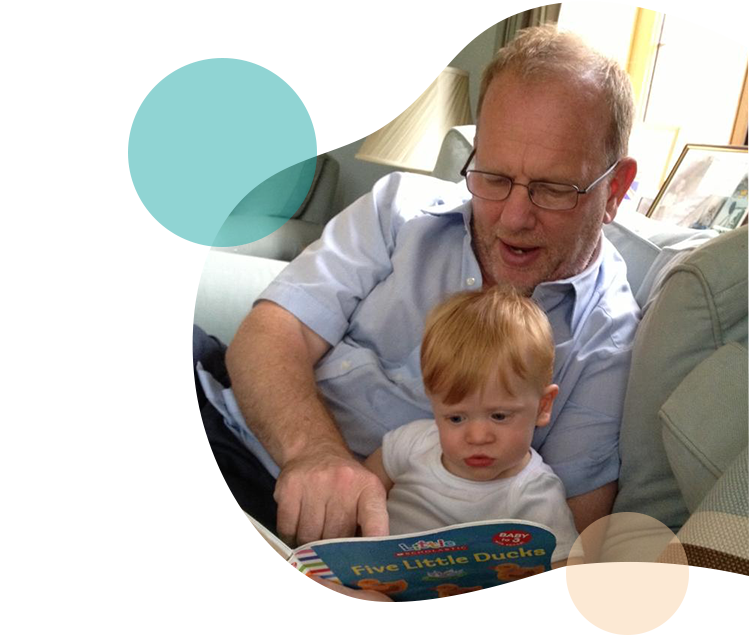Attention and regulation are building blocks for social and emotional development, cognition and school readiness.
Attention is described as achieving and maintaining an alert state, and is crucial for learning, concentration and language development.
Self- regulation is also an important skill, essential for social-emotional development and early learning. Regulatory skills cover many different areas, but include our ability to manage all our different body systems such as breathing, and sleep and awake cycles, so that we can interact and respond to our environment and the people in it.
Attention and regulatory skills go hand-in-hand, and contribute to emotional responses, activity level, school readiness, and cognition.
Both attention and regulation are part of our executive functioning. The executive functions are a complex collection of interrelated psychological processes involved in the management of action, and thought processes that contribute to cognitive performance, behaviour, emotional expression and social relations (Aylward, 2005). The development of executive function and self-regulatory skills continues to expand and mature throughout childhood, with progressions in the ability for planning, organisation and focused attention which facilitates success at school (Blair, 2000).
To attend we need to:
- gain and maintain an alert state (regulate);
- orientate to sensory stimuli;
- engage our attention so that we can shift between, and maintain focus on ourselves, others, events, objects and tasks.
The ability to attend and focus re-shapes the brain. Where we direct our attention stimulates brain development and growth, making new neuronal (wiring) connections, creating memories, and promotes learning of new skills. Development of regulation and attention networks begins in early infancy but takes until early adulthood to fully mature.
Early regulation of arousal (i.e. sleep/awake states), and physical responses, is the starting point for attention. From birth, infants begin to register stressors, (i.e. maybe too much noise or light) and react in a way that supports or engages others to assist in helping them manage their environment. This in turn supports sleep/wake cycles, crying, digestion of food, alertness and the ability to orientate and attend to human and environmental stimuli.

